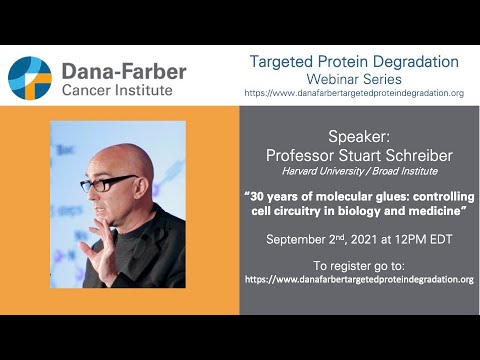also engineering people in general are notorious for being “low-taste”, but many of the best engineering papers I would say are super-high-taste (so much so they become art). Even tho engineering is what’s needed to advance the field the most, and sometimes blunt-force approaches are better than “studying it more and getting nothing more done”
OKAY and yeah, machine learning is ESPECIALLY known for being poor-taste. Not in all cases, but certainly the “vast majority” of ML papers seem to be, and ML seems especially prone to making “poor taste” become publishable (or outputting some interesting results) in some way. Sometimes one can have good vision but have all of one’s recent papers come out as not being super-high-taste.
I actualy often feel in many ways evolutionary biologists have better taste, but their taste does not generalize well to bioengineering or tissue engineering
That’s why I like Steve Austad papers the most…
but some astrobiologists have even better taste (okay stephen freeland has some amazing papers even though he has only gone to “unknown” universities). I mean Steven Austad also is at those (though he WAS with EO Wilson at Harvard)
https://royalsocietypublishing.org/doi/10.1098/rsta.2016.0343 => THIS is good taste

Alex K. Chen simfish@gmail.com Tue, Nov 23, 1:58 AM (22 hours ago)
![]()
Sara I Walker is ALSo good taste - https://royalsocietypublishing.org/doi/10.1098/rsta.2016.0337
![]()

![]()
![]()

Alex K. Chen simfish@gmail.com Tue, Nov 23, 1:59 AM (22 hours ago)
![]()
Sara Imari Walker - Google Scholar => this is the best taste I’ve ever seen asides from maybe Adam

